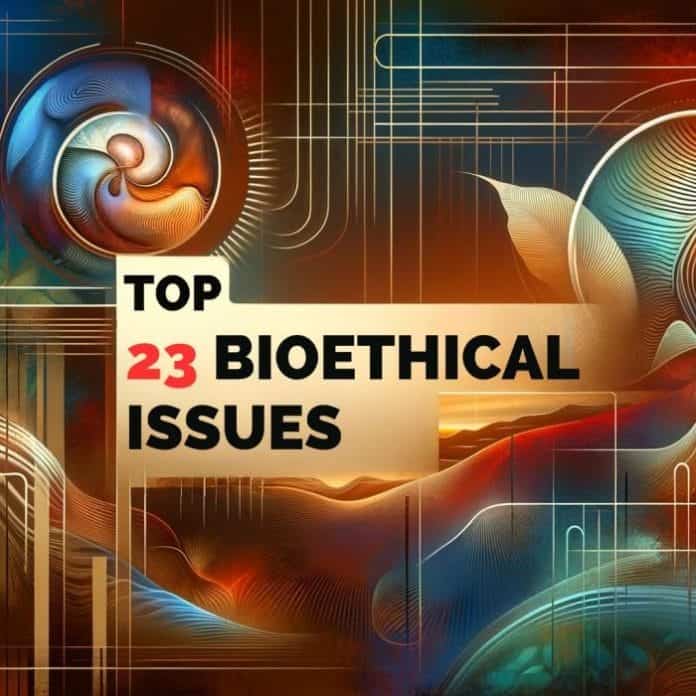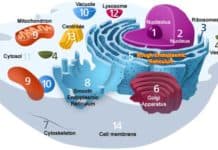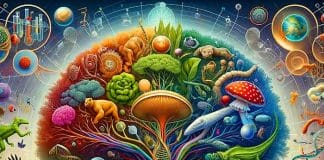Integrating Artificial Intelligence (AI) in healthcare promises to revolutionize diagnosis, treatment, and patient care. AI technologies, including machine learning algorithms and deep learning networks, have the potential to analyze complex medical data, improve diagnostic accuracy, personalize treatments, and predict patient outcomes.
However, the deployment of AI in healthcare also raises substantial ethical considerations:
Bias and Fairness : Addressing biases in AI algorithms that could lead to unequal treatment or outcomes for certain patient groups, particularly if the data used for training AI models does not represent diverse populations.Transparency and Explainability : Ensuring that AI-based decisions can be understood and interpreted by healthcare providers and patients, given the “black box” nature of some AI systems.Patient Consent and Privacy : Safeguarding patient privacy and confidentiality in the use of AI, including informed consent about how AI is used in their care and how their data contributes to AI training.Clinical Validation and Safety : Validating the safety and effectiveness of AI applications in healthcare through rigorous testing and clinical trials to ensure they meet high standards of patient care.Autonomy and Human Oversight : Balancing the benefits of AI with the need for human oversight in clinical decision-making, preserving the autonomy of healthcare professionals and patients in treatment decisions.Equity of Access : Preventing disparities in access to AI-enhanced healthcare services, ensuring that advancements in AI benefit all individuals equally without widening existing healthcare gaps.Liability and Accountability : Clarifying legal and ethical responsibility for AI-driven healthcare decisions, especially in cases of diagnostic errors or treatment failures.Tackling these challenges demands teamwork from ethicists, technologists, clinicians, patients, and policymakers to guarantee AI’s ethical, responsible development and implementation in healthcare, prioritizing patient well-being.
























[…] Top Bioethical Issues […]